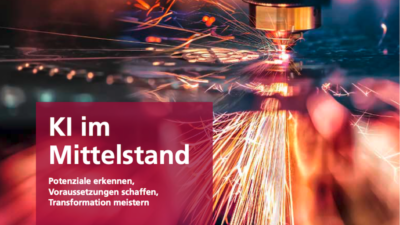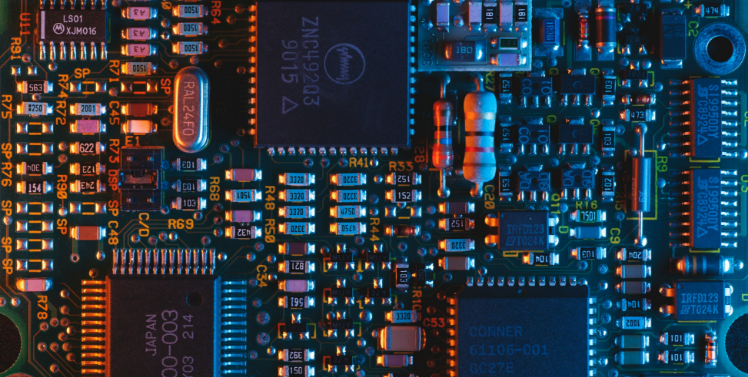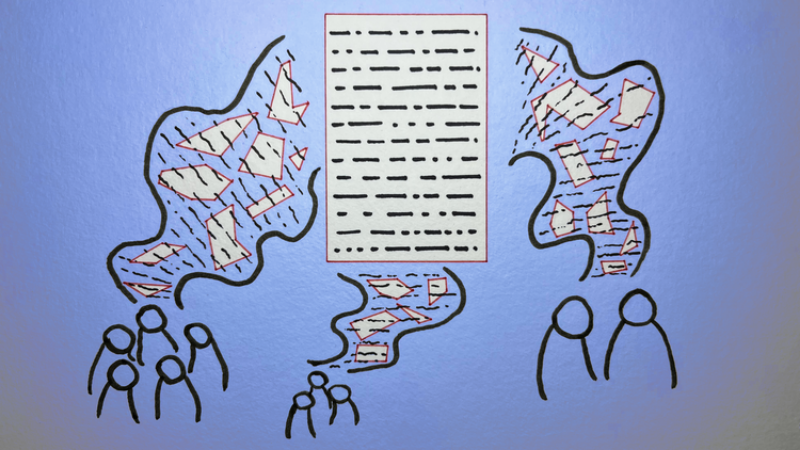Making sense of our connected world
“Just start, because the timing is always wrong”
Artificial intelligence (AI) is only something for large corporations? The public perception often assumes this. But small and medium-sized enterprises can also benefit from AI.
Myth: AI treats everyone equally and makes predictions fairly
Algorithmic power is accumulated at the hands of data companies that re-enforce new colonial dynamics.
Myth: AI is disrupting knowledge work
Recently, applications based on machine learning have made enormous progress and can now take over tasks such as translations, document search or image recognition.
SMEs and AI-Startups: How to keep track
HIIG has been supporting the Mittelstand 4.0 Competence Centre Berlin in the _Gemeinsam digital project as a consortium partner since 2016. We report from the AI company delegations: Which AI…
Myth: AI understands me, but I can’t understand it
We can contribute multiple perspectives to designing and implementing AI systems that impact us all differently.
Myth: AI algorithms decide what you see online
One myth posits that AI algorithms are tools used unilaterally by corporations to control what we see; the other argues that these algorithms are mere mirrors, and we are the ones who control what we see online.
Governing AI: Political players between vision and regulation
Not only tech giants in Silicon Valley influence the development of artificial intelligence (AI): supranational political institutions, states and parties are also active leaders and regulators. They set legal standards, formulate strategies for the future, explore potentials and dangers, promote and sanction or even adopt controversial positions. How do political actors position themselves in the AI debate between economic interest, ethical controversies and the common good? Where do their strategies differ? Is politics here more of a driver or a driven force?
Algorithmic decisions and human rights
Who is responsible if an autonomous vehicle is involved in an accident? What are the consequences of automated profiling of the unemployed? How intelligent is our use of artificial intelligence, and what visions and strategies do we need for the future? Innovations in the field of artificial intelligence are impacting nearly every area of our everyday life. However, algorithmic decision-making leads to complex human rights implications. In this dossier researchers of the Humboldt Institute for Internet and Society and the NoC European Hub discuss the role of law and ethics in the context of algorithmic decision-making.

















